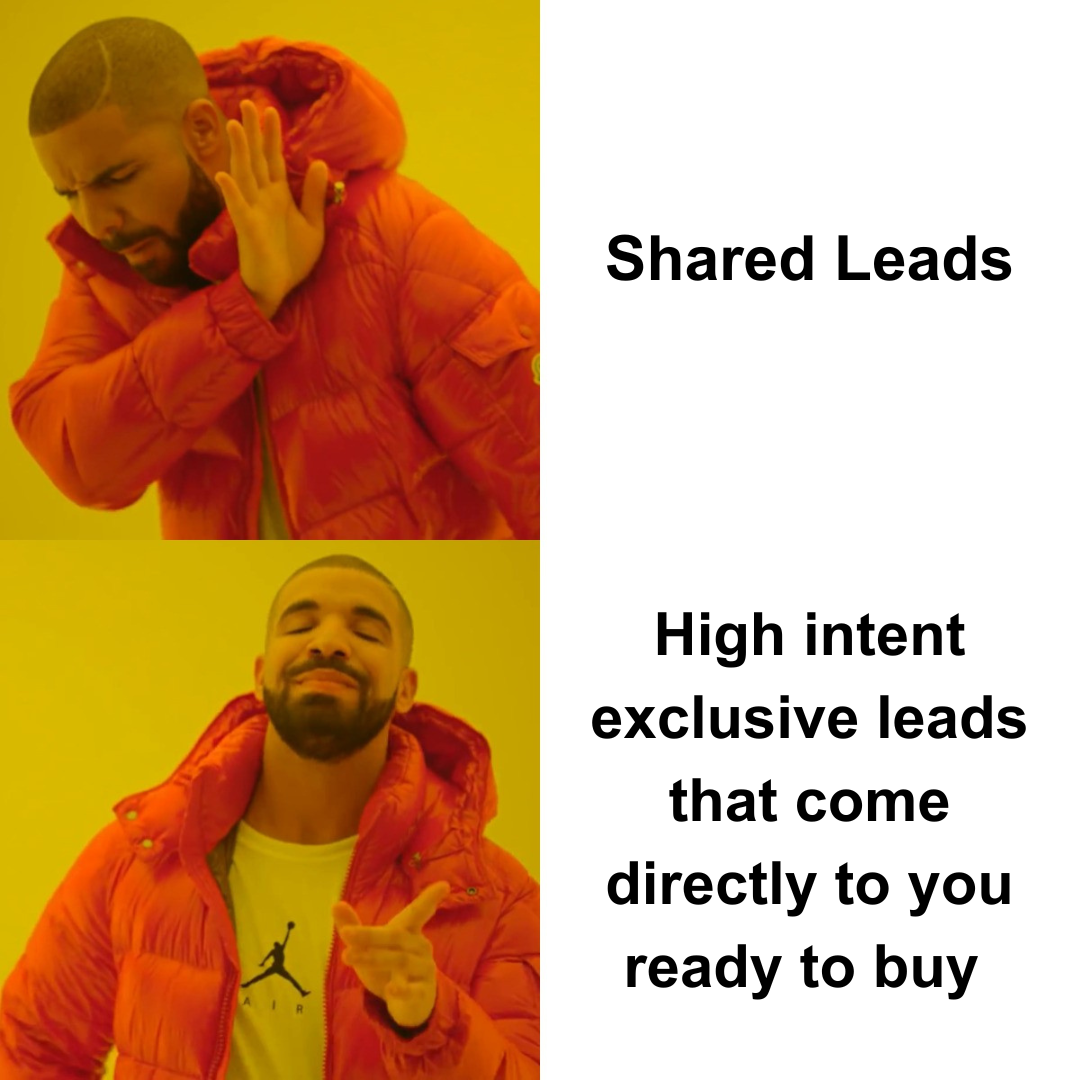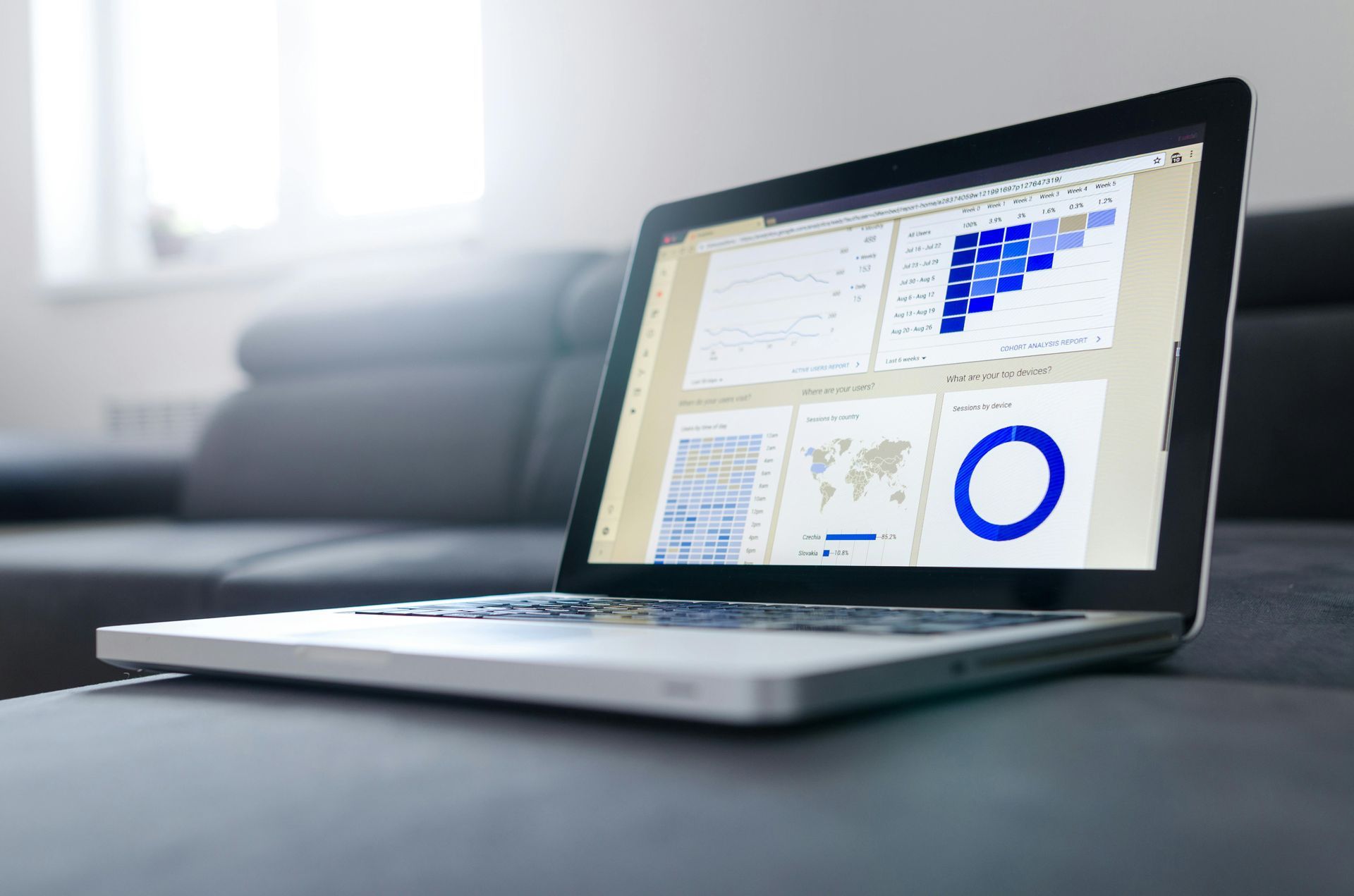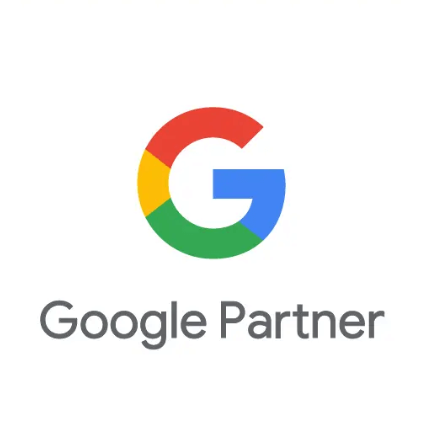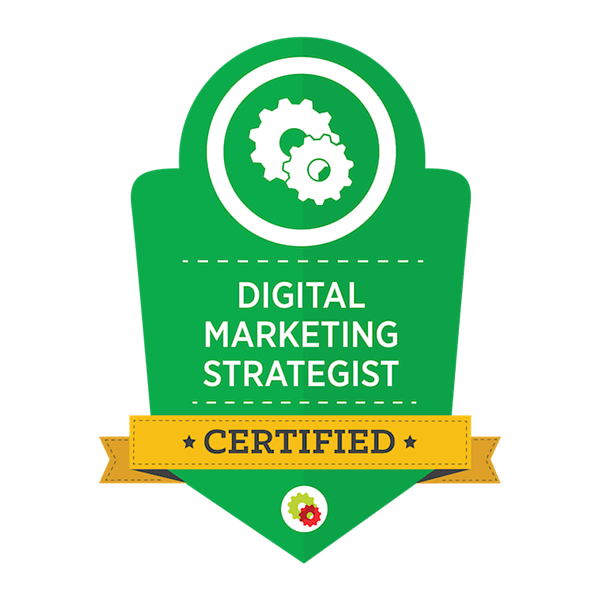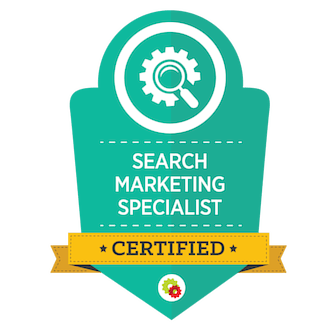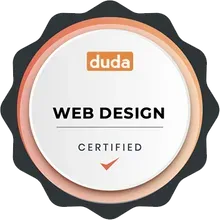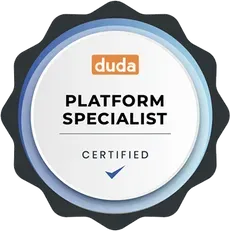Facebook Advertising Vs. Google Advertising
Facebook advertising and Google advertising are two popular platforms for digital advertising, but they differ in many ways. In this blog, we'll explore the major differences between these two platforms, the pros and cons of each, and when you might want to use one over the other.
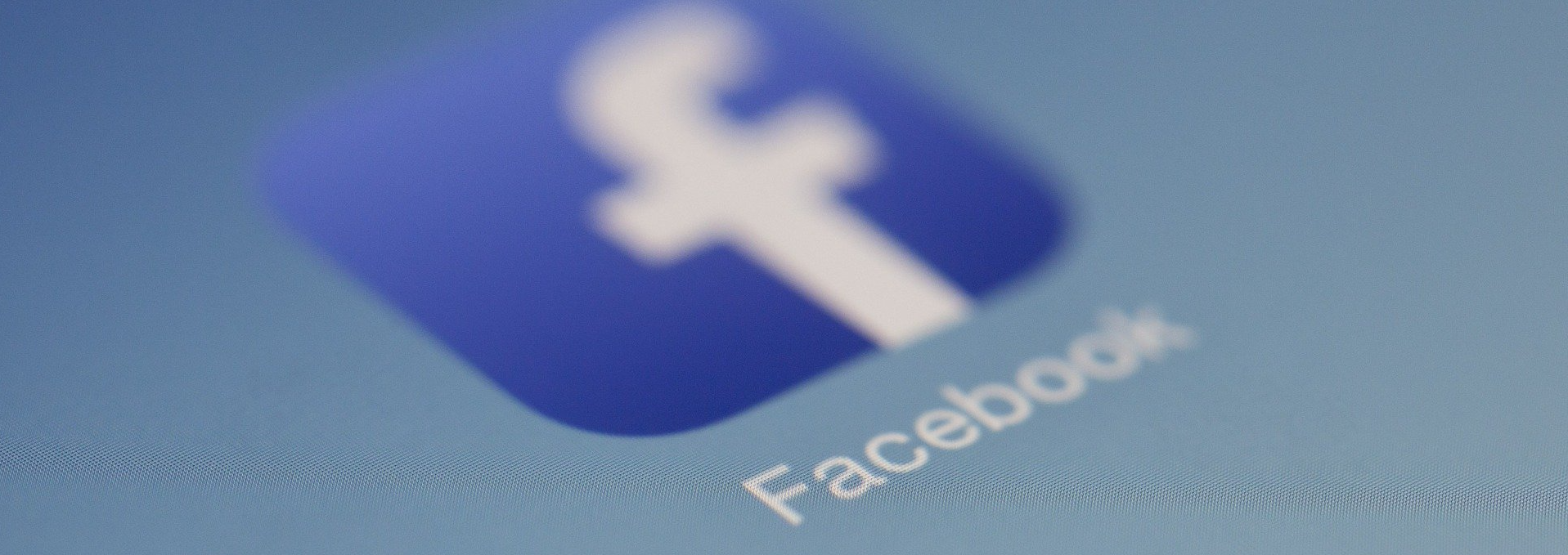
Differences in Advertising Platforms
First, let's look at the major differences between Facebook and Google advertising. One of the biggest differences is the type of audience you can reach.
Facebook is a social media platform that allows businesses to run a variety of ads to reach their target audience. Facebook has a much larger user base, with over 2.7 billion monthly active users. This means that you can reach a much wider audience on Facebook, and you can also target specific demographics, interests, and behaviors with your ads.
Types of Ads You Can Run On Facebook:
- Image Ads: These are static ads that feature a single image or a carousel of multiple images.
- Video Ads: These are video ads that can be used to showcase your product or service in a more interactive and engaging way.
- Slideshow Ads: These are video-like ads that use a series of still images to create a short, looping video.
- Collection Ads: These are ads that allow users to browse and purchase products directly from the ad.
- Instant Experience Ads: These are interactive ads that will load up a full-screen, mobile-optimized landing page when clicked on.
- Carousel Ads: These are ads that allow users to scroll through a series of images or videos.
- Marketplace Ads: These are the ads that appear in the Facebook Marketplace, a platform for buying & selling goods.
- Sponsored Posts: These are posts that businesses pay to promote in order to reach a wider audience.
- Lead Generation Ads: These are ads that allow users to sign up for newsletters, request quotes, or schedule appointments directly from the ad.
- Offer Ads: These are ads that allow businesses to create and promote special offers to their audience.
Google Ads (formerly known as Google AdWords) is a pay-per-click (PPC) advertising platform that allows businesses to display ads on Google's search engine results pages (SERPs) and other websites. Google has a larger share of the search market. This means that you can target people who are actively searching for specific keywords or phrases on Google, which can be very useful if you're trying to reach a specific type of customer.
Types Of Ads You Can Run On Google:
- Search Ads: These are text-based ads that appear in Google's search results when someone searches for a specific keyword or phrase.
- Display Ads: These are image or video ads that appear on websites that are part of the Google Display Network.
- Shopping Ads: These are ads that feature product images, prices, and other details, and they appear in Google's search results when someone searches for a product.
- Video Ads: These are video ads that appear on YouTube and other websites in the Google Display Network.
- App Ads: These are ads that promote mobile apps and appear in the Google Play Store and on other websites in the Google Display Network.
- Dynamic Search Ads: These are search ads that use your website's content to dynamically generate ad headlines and landing pages.
- Responsive Search Ads: These are search ads that allow you to create multiple headlines and descriptions and let Google determine which combinations perform best.
- Local Service Ads: These are ads that promote local services and appear in the Google Maps app and on Google search results pages.
Each of these ad types has its own specific features and targeting options, and you can choose the ad type that best fits your business and marketing goals.
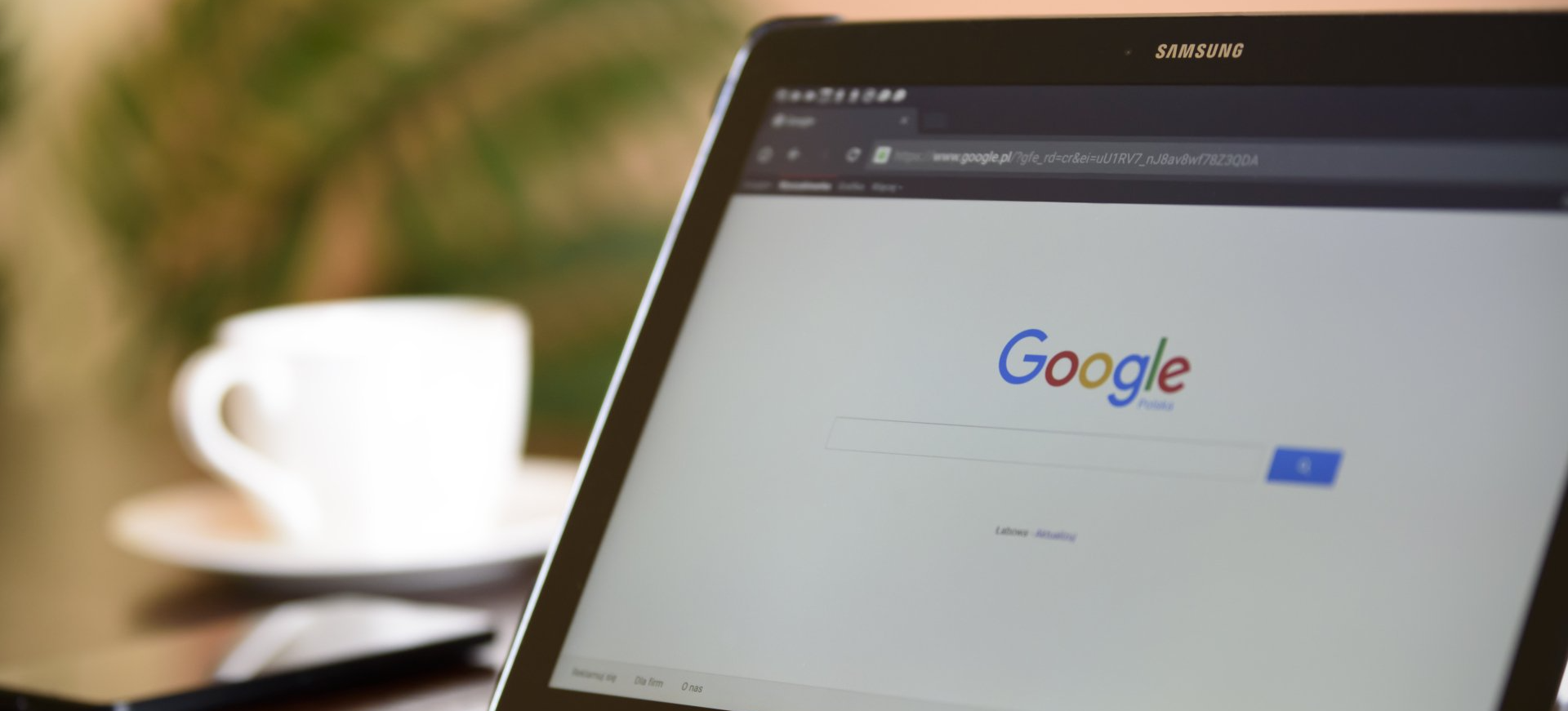
Pros & Cons Of Facebook and Google Advertising
Now, let's look at the pros and cons of each platform. One of the biggest pros of Facebook advertising is its reach. As mentioned earlier, Facebook has a huge user base, so you have the potential to reach a very large audience. Additionally, Facebook's targeting options allow you to get very specific with your ad targeting, which can help you reach the right people with your ads. One of the cons of Facebook advertising is that it can be expensive, especially for competitive industries. Additionally, the platform has come under scrutiny for its handling of user data, which may be a concern for some businesses.
The main pro of Google advertising is that it allows you to reach people who are actively searching for specific keywords or phrases. This can be very effective for driving targeted traffic to your website. Additionally, Google's ad targeting options are also very precise, allowing you to target specific locations, languages, and devices. One of the cons of Google advertising is that it can also be expensive, especially for competitive industries. Additionally, Google's ad placement can be less visible than Facebook's, as it primarily appears in search results rather than in users' news feeds.

When to use Facebook Ads Vs. Google Ads?
So, when should you use one platform over the other? In general, Facebook is a good option if you're looking to reach a wide audience and you have a visual product or service to promote. Google is a good option if you're looking to drive targeted traffic to your website and you have a product or service that people are actively searching for.
Ultimately, the best platform for your business will depend on your specific goals and target audience. Both Facebook and Google have their pros and cons, and the best choice for your business will depend on your specific needs and goals. It may be worth experimenting with both platforms to see which one works best for your business.
Ready to scale your business through paid acquisition?
If you're a business owner trying to figure out whether Facebook ads or Google ads is the right choice for your business, it can be overwhelming to navigate all of the options and determine which platform will be most effective. That's where we can help. Our team of experienced digital marketers has extensive experience with both Facebook and Google ads, and we can work with you to develop a customized strategy that will help you get more leads and grow your business. Whether you're looking to reach a wide audience on Facebook or drive targeted traffic to your website through Google, we have the skills and expertise to help you achieve your marketing goals.
Contact us today to learn more about how we can help you get more leads through our digital marketing services.
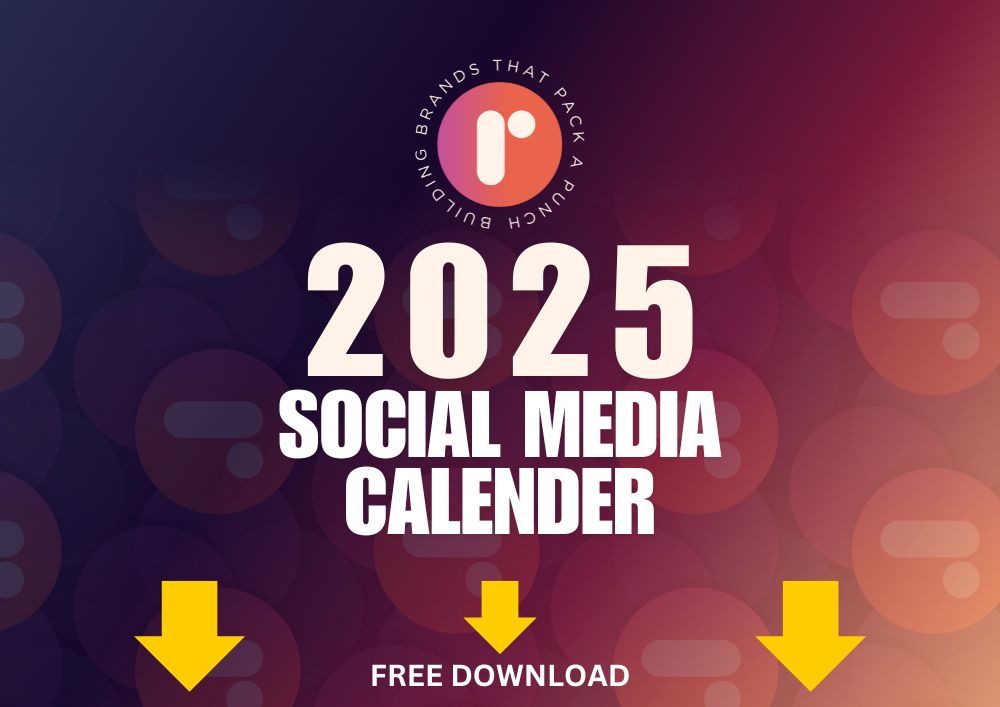
Get Fresh Content From
Roundhouse Digital Marketing
About The Author:

Philip Ellis
Founder and CEO, Roundhouse Digital Marketing
My name is Philip and I am a web design and client attraction consultant. I specialize in helping contractors, roofers, home builders, and other local service-based businesses get more views, leads, and sales online.
With over 12 years of experience in the industry, I have the knowledge and skills to create stunning websites and effective digital marketing campaigns that drive results for my clients.



